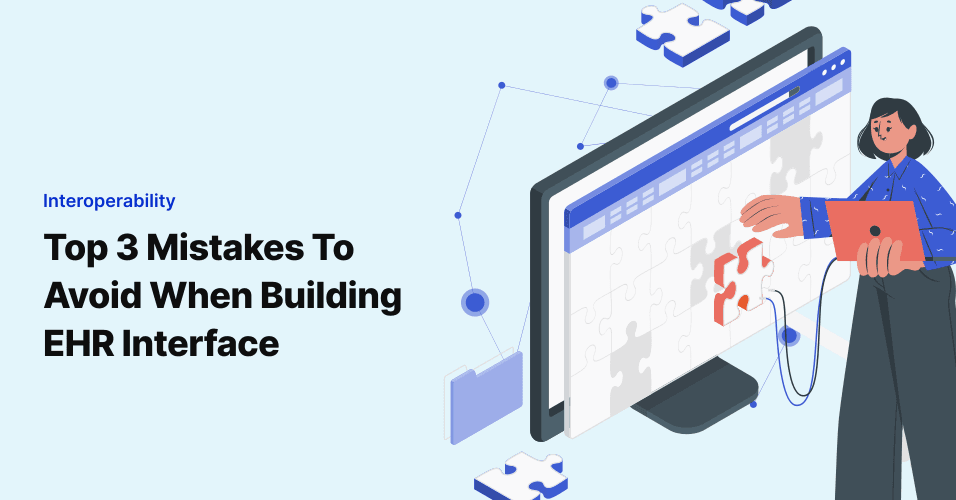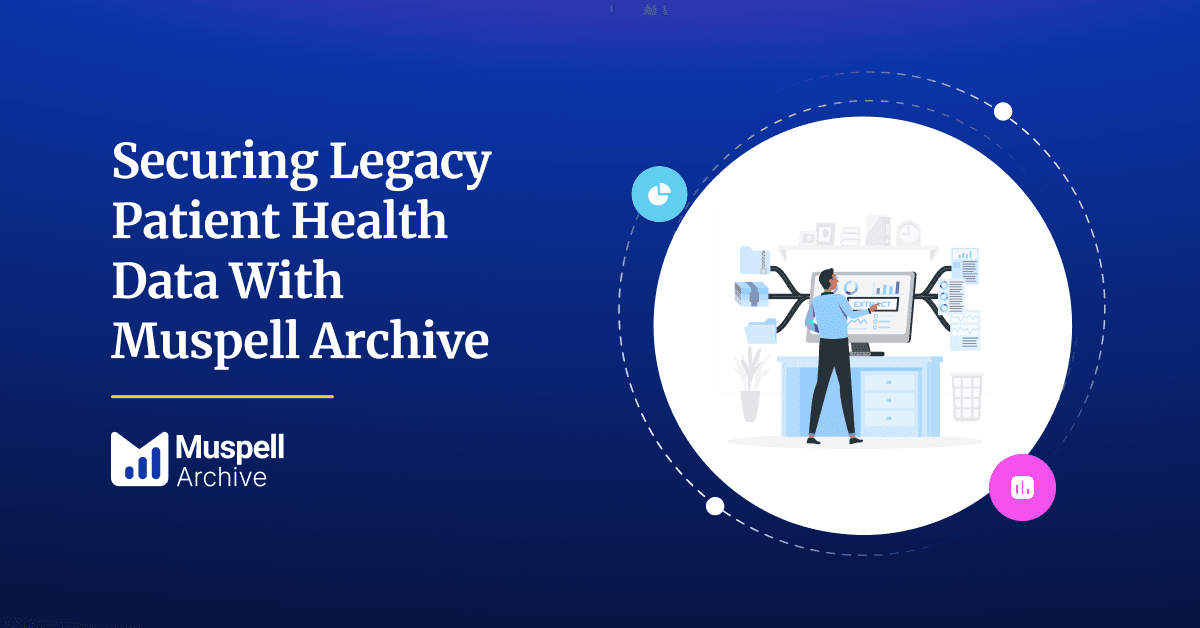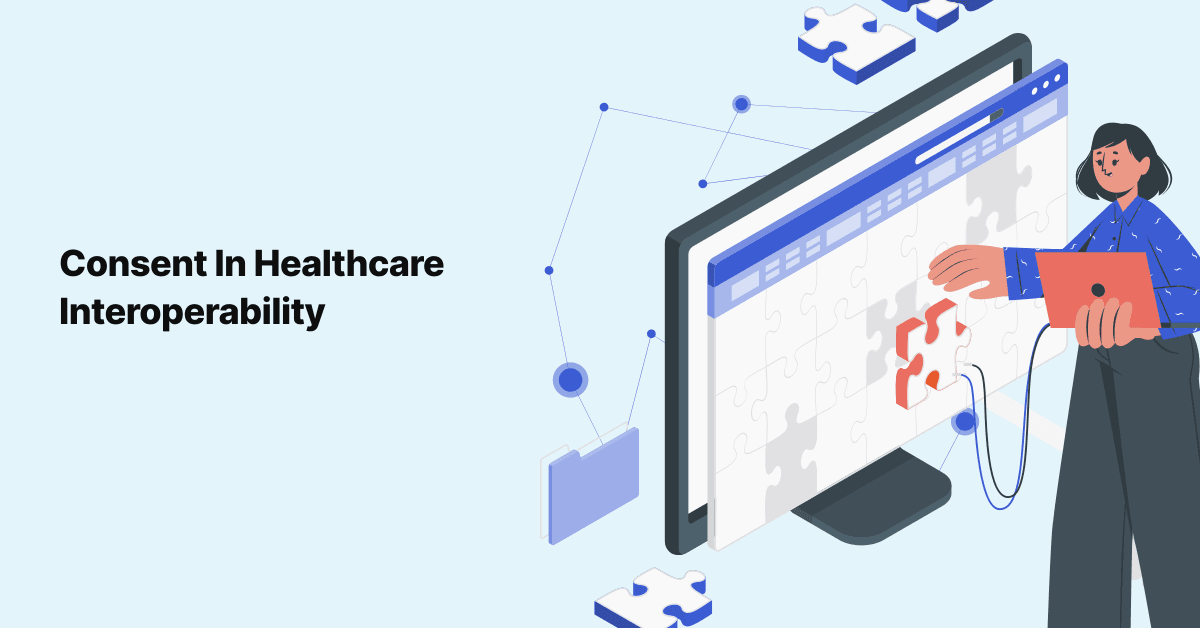
How to Create Healthy EHR Interfaces
One of the key benefits to hospitals for investing in a robust EHR like Epic is to not only cultivate their …

Securing legacy health data integrity using an archival solution isn't just a recommendation anymore; it's integral to a healthcare institution's cybersecurity framework.. Healthcare data archival solutions empower facilities to phase out applications lacking ongoing support, monitoring, and updates, while playing a vital role in fortifying historical patient health information security.
While every healthcare data archival solution includes essential features to protect patient health information, selecting one that provides precise insights into user activity and supports regular data audits is crucial, along with providing additional features such as access controls, detailed audit logs, and encryption protocols that track user actions.
According to a 2023 report, approximately 89 million individuals in the United States experienced breaches in their personal health information. This is a staggering 50% increase when compared to 43.5 million individuals in 2022.
Despite an organization's best efforts to bolster healthcare data security, legacy systems continue to pose a persistent threat.
An effective strategy to mitigate security risks must begin with choosing a healthcare data archiving solution. Here are four ways in which healthcare data management benefits from healthcare data archival:
1: Legacy patient information is securely stored in a protected cloud-based environment with enhanced access controls to prevent data breaches.
2: Archiving supports robust data governance practices, assisting providers in adhering to compliance and regulatory requirements while fostering uninterrupted business operations.
3: Archiving streamlines the transfer of data to more secure systems, aiding healthcare providers in safeguarding sensitive information over the long term.
4: Transitioning data to a cloud-based archival platform diminishes the potential for attacks and exposure, enabling cybersecurity resources to be reallocated effectively.
Muspell Archive offers a range of security measures tailored for healthcare facilities either contemplating EHR migration or managing multiple legacy healthcare applications. Among its standout security features, the top three are:
Break the Glass
The ‘Break the Glass’ action in Muspell Archive operates at the patient, encounter, and data item levels in the stand-alone version of the application. The system visually obscures flagged or confidential patient health records on the screen. To unveil this information, users must click on the individual data item, triggering the ‘Break the Glass’ pop-up window. Once initiated, the system records user access and the justifications for initiating this feature. Additionally, Muspell Archive offers a security label setting, enabling users to specify which flags should be applied for ‘Break the Glass’.
Security Labels
Security labels in Muspell Archive serve as a crucial means for managing access to sensitive patient data. These labels allow administrators to categorize different levels of sensitivity or confidentiality for patient records. For example, certain documents may be designated as "Sensitive" or "Confidential" due to the nature of the information they contain. The Security Label feature enables administrators to map, edit, enable, or turn off these labels as needed. By assigning appropriate security labels, organizations can ensure that access to sensitive data is restricted to authorized personnel only, helping to maintain patient privacy and compliance with regulatory requirements such as HIPAA.
Patient Records Purge
Purging patient records in Muspell Archive refers to securely deleting or removing outdated or unnecessary data from the system. This feature allows administrators to selectively purge individual patient charts that are no longer required for ongoing care or legal compliance. When purging records, the system also automatically generates a certificate of destruction, providing a formal record of the deletion process. This capability helps healthcare organizations manage their data retention policies effectively, ensuring that patient records are retained only for as long as necessary and securely disposed of when no longer needed.
Muspell Archive is crafted to protect historical patient health records. While its core functionalities may mirror those of comparable solutions, it distinguishes itself with robust features customized for effectively managing archived legacy data, providing healthcare organizations with a unique edge.
Curious about how Muspell Archive can cater to your healthcare institution? Contact our specialists today!
Join over 3,200 subscribers and keep up-to-date with the latest innovations & best practices in Healthcare IT.

One of the key benefits to hospitals for investing in a robust EHR like Epic is to not only cultivate their …

Here is a good idea. Analytics for Healthcare financial management to be built on the foundation of claims …

When presented with a large stack of forms to complete upon arrival at the doctor’s office, most of us plow …